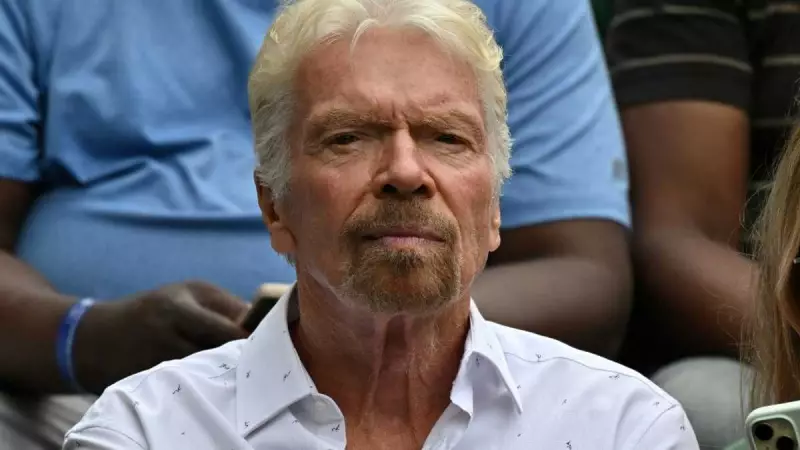
In a move that could revolutionize European rail travel, Sir Richard Branson's Virgin Group is charging full steam ahead with plans to launch a direct competitor to Eurostar. This ambitious project promises to break the long-standing monopoly on cross-Channel high-speed rail services.
The New Challenger Emerges
Virgin's proposed rail service, operating under the brand name 'Virgin Trains,' has taken a significant leap forward by securing crucial track access rights. The company has successfully obtained approval from High Speed 1, the operator of the UK's only high-speed railway line connecting London to the Channel Tunnel.
This development marks a critical milestone in Virgin's journey toward launching services that would connect London with major European destinations including Paris, Brussels, and Amsterdam. For decades, Eurostar has enjoyed virtually unchallenged dominance on these lucrative routes.
What This Means for Travelers
The entry of Virgin into the European rail market could bring numerous benefits to passengers:
- Increased competition likely leading to more competitive pricing
- Greater choice of schedules and service options
- Innovative passenger experiences building on Virgin's reputation for customer service
- Potential new routes and destinations beyond the current offerings
The Road Ahead
While the track access agreement represents a major breakthrough, Virgin still faces several hurdles before trains can start running. The company must secure additional regulatory approvals, arrange for suitable rolling stock, and finalize operational agreements with European rail networks.
Industry analysts suggest that Virgin's entry could significantly alter the dynamics of European rail travel, potentially driving down fares and forcing all operators to enhance their service quality. The move comes as European countries increasingly prioritize rail travel as a more sustainable alternative to short-haul flights.
Virgin's track record in challenging established transport monopolies – from aviation to previous rail ventures in the UK – suggests they're well-positioned to disrupt the status quo. As environmental concerns grow and travelers seek greener alternatives, this new competition in the European rail sector couldn't come at a more opportune time.





